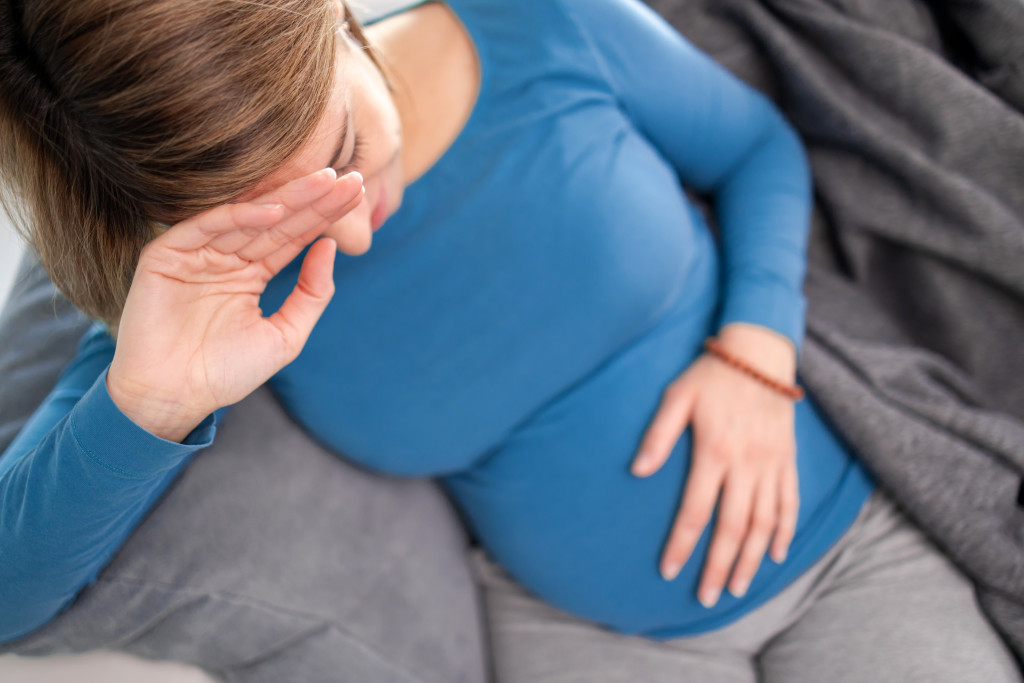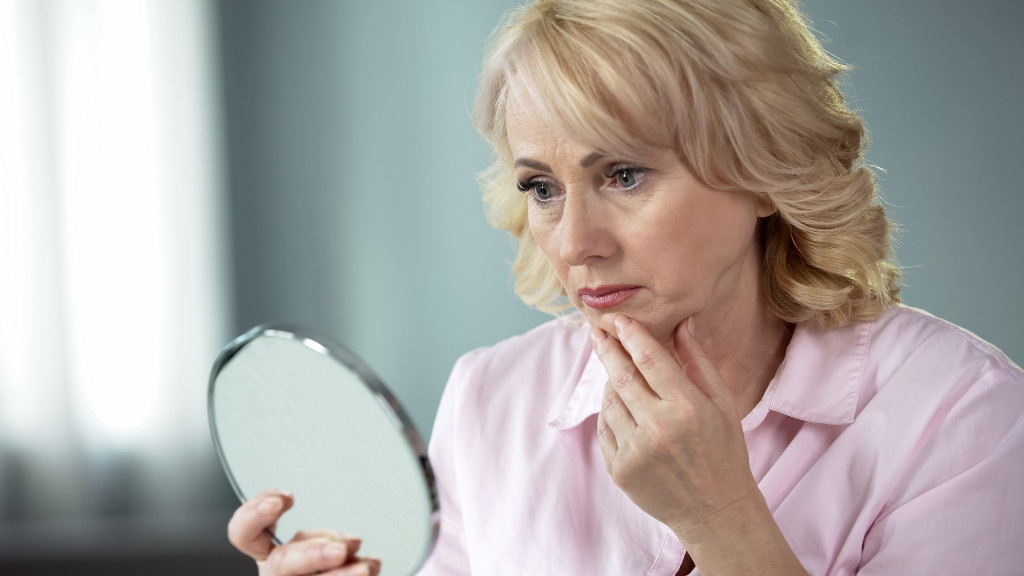Postpartum Depression (PPD) is a common condition that affects many new mothers with symptoms like sadness, anxiety, insomnia, and loss of interest.
Causes of PPD can include hormonal changes, sleep deprivation, lack of social support, and more.
Self-care, hiring someone to help you through pregnancy, and joining a support group are ways to manage postpartum depression.
If you think you have PPD, don’t hesitate to seek help from a mental health professional.
The birth of a child is a moment of joy and excitement. However, this joy and excitement can turn into sadness and anxiety for some new mothers. If you are feeling overwhelmed, sad, or anxious after your child’s birth, you might be experiencing post-partum depression (PPD). Post-partum depression is a common condition that affects many new mothers and can cause a range of symptoms that can be serious. Here’s what you need to know about it and how to deal with it.
Symptoms of Post-Partum Depression
PPD can have various symptoms. It can cause intense sadness, insomnia, fatigue, anxiety, difficulty concentrating and making decisions, feeling disconnected from your baby or loved ones, loss of interest in activities you used to enjoy, and changes in eating habits.
Other symptoms can include insomnia or excessive sleepiness, irritability, loss of interest in things you used to enjoy, decreased energy, trouble bonding with your baby, and thoughts of self-harm. If you are experiencing any of these symptoms, it is essential to seek help immediately. PPD is a serious condition that can have long-lasting effects on your health, your baby’s health, and your family’s well-being.
Causes of Post-Partum Depression
There are various reasons for PPD, and it is not always easy to pinpoint the exact cause. Here are some of them:
Hormonal Changes
The dramatic hormonal shifts during and after childbirth can cause significant mood swings in new mothers. Postpartum depression has been linked to decreased serotonin levels, a chemical in your brain responsible for regulating your mood. Changes in other hormones like estrogen and progesterone can also make new mothers more susceptible to mood disturbances.
Sleep Deprivation
Caring for a newborn can interfere with a new mother’s sleep schedule. Inadequate rest has been linked to postpartum depression since it can cause feelings of irritability and fatigue. New moms must prioritize rest and find ways to incorporate napping and relaxation techniques into their daily routines.
Lack of Social Support
A new baby can create isolation and loneliness despite being surrounded by people. New mothers often feel detached from the world and disconnected from their peers. Family members, friends, and peers must show and provide emotional support during this time.
Personal or Family History of Depression
Women with a history of depression or other mood disorders are more prone to developing postpartum depression. A family history of mental health issues can also increase your likelihood of developing postpartum depression.
Stress and Anxiety
The birth of a baby is a significant life change that can come with many uncertainties, such as concerns about finances, the baby’s health, and the mother’s ability to care for the newborn. All these factors can contribute to feelings of stress and anxiety and compound the risk of postpartum depression.
Dealing With Post-Partum Depression
If you are experiencing symptoms of postpartum depression, seeking help from a mental health professional is important. Here are some ways you can avoid and deal with post-partum depression:
Hire Someone to Help You Through Pregnancy
Pregnancy is hard to follow, and your partner’s presence isn’t enough. Some experts can help you throughout the entire process. An experienced doula is one of these experts. The benefits of having this expert with you include support, information, education, and assistance during the prenatal period. Additionally, they can be there for you throughout the process, making it easier to avoid mental disorders.
Take Care of Yourself
Self-care is essential for mothers before, during, and after pregnancy. Eating a balanced diet, exercising regularly (with your doctor’s approval), getting plenty of rest, taking breaks when needed, and finding ways to relax can help you cope with stress while preventing postpartum depression.
Join a Support Group
Support groups provide an opportunity to connect with other people who are going through the same experience as you. It can be helpful to talk to someone who has gone through what you are experiencing and get advice on how they managed their situation. Your doctor or midwife might be able to recommend support groups in your area.
Reach Out to Family and Friends
Having a supportive family and friends around you can be incredibly beneficial for postpartum depression. Don’t hesitate to reach out if you need someone to talk to or help with your newborn. Having a strong support system is essential for new moms, and they’re there to help you overcome postpartum depression.
Post-partum depression is a serious condition but can be managed with the proper treatment and support. If you think you are suffering from PPD, don’t hesitate to ask for help. Talking to a mental health professional and building a solid support system can help you overcome this difficult time.


